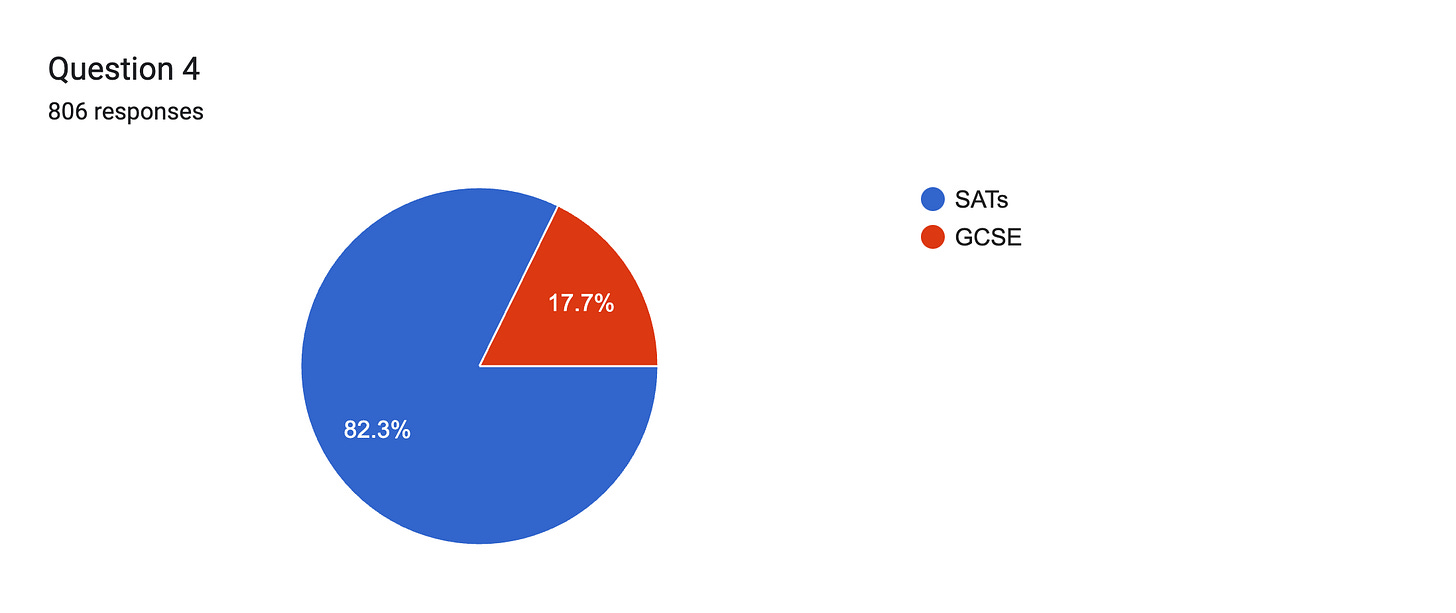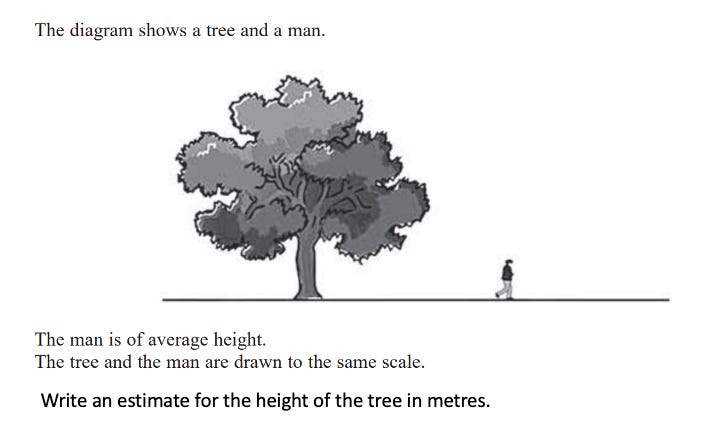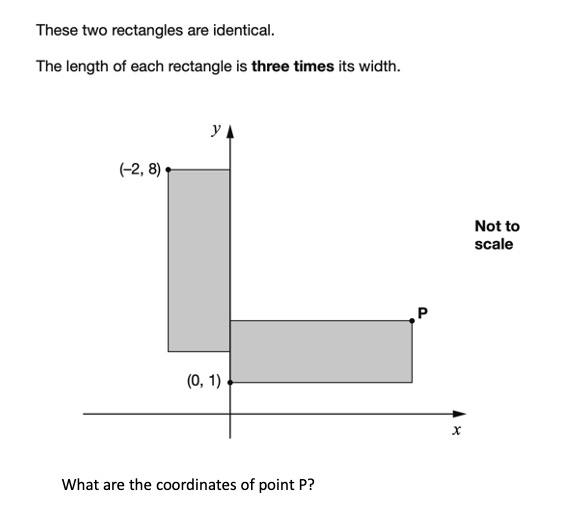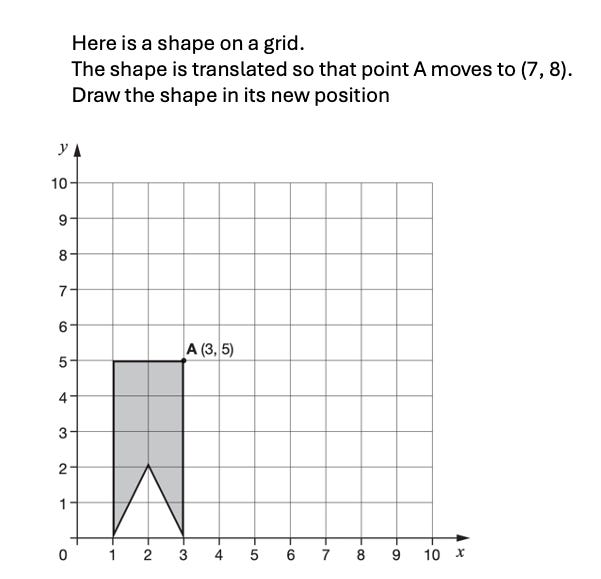SATs or GCSE: The results!
How good are teachers at matching up questions to the exams they came from?
Happy New Year from the Eedi Team! Want free Wonde access to sync and manage pupil information on Eedi with one click? Get started on Eedi with ease by signing up here and we'll be in touch!
Before Christmas, I set readers a challenge. I selected 10 questions from a SATs paper (students sit this at age 11) or a GCSE paper (students typically sit this at age 16) and asked you to match up which questions were from which paper.
I am delighted to say that nearly 1000 of you took part, and the results are in:
Question 1:
What did you think?
Answer: This question is from a SATs paper
Question 2:
What did you think?
Answer: This question is from a GCSE paper
Question 3:
What did you think?
Answer: This question is from a GCSE paper
Question 4:
What did you think?
Answer: This question is from a SATs paper
Question 5:
What did you think?
Answer: This question is from a GCSE paper
Question 6:
What did you think?
Answer: This question is from a SATs paper
Question 7:
What did you think?
Answer: This question is from a GCSE paper
Question 8:
What did you think?
Answer: This question is from a SATs paper
Question 9:
What did you think?
Answer: This question is from a SATs paper
Question 10:
What did you think?
Answer: This question is from a GCSE paper
Did any of these results surprise you?
Analysis
For many questions, opinion was split down the middle as to whether the question came from a SATs or GCSE paper. The question that threw most people was Question 8 - the rectangle on the coordinate grid - which looks like classic GCSE fodder but is, in fact, from a SATs paper.
So what?
Well, what I hope this exercise shows is that there is a significant crossover between what 11-year-olds are expected to do and what 16-year-olds are expected to do.
Hence, as secondary school teachers, we should avoid the trap I discussed in a previous newsletter: treating every concept as if it is the first time students have encountered it.
Primary colleagues might want to share some of the GCSE questions with their students to show them what good mathematicians they already are.
What do you agree with, and what have I missed?
Let me know in the comments below!
🏃🏻♂️ Before you go, have you…🏃🏻♂️
… checked out our incredible, brand-new, free resources from Eedi?
… read my latest Tips for Teachers newsletter about professional development and cognitive load?
… listened to my most recent podcast with Ollie Lovell, where we discuss the Do Now?
… considered taking some of my new 90-minute CPD courses?
… read my Tips for Teachers book?
Thanks so much for reading and have a great week!
Craig























I've taught in both primary and secondary - this isn't news to me :) It can be upsetting to children to be retaught something they mastered in Y4 as though it were new in Y7. My experience when I tell secondary maths teachers this is that they don't know what to do with the knowledge. Do they assume that all children can already do it and move on? No - some can't do it and need to be taught / retaught. Some can do it, but because they are in a new school where everything is different, they are confused (I've seen this - children who could do something perfectly well in Y6 just stare blankly at their new maths teacher.) Some teacher do a baseline assessment - but the problem with this is it's usually done cold, using slightly different language, giving a false negative.
My solution would be to do a quick reheat - maybe an I do / we do / you do using the secondary examples and language and then do the baseline. You'll get a better idea of who can already do what... and maybe they won't still be teaching Y4 work to their Y10s!
As a secondary mathematics teacher I looked at most of the questions and thought that they could be either SATs or the easiest questions on a GCSE paper. Usually our strongest Year 7 students start secondary stronger than the weakest Y11 students but it is worth bearing in mind that GCSE questions get a lot harder that the ones posted here!